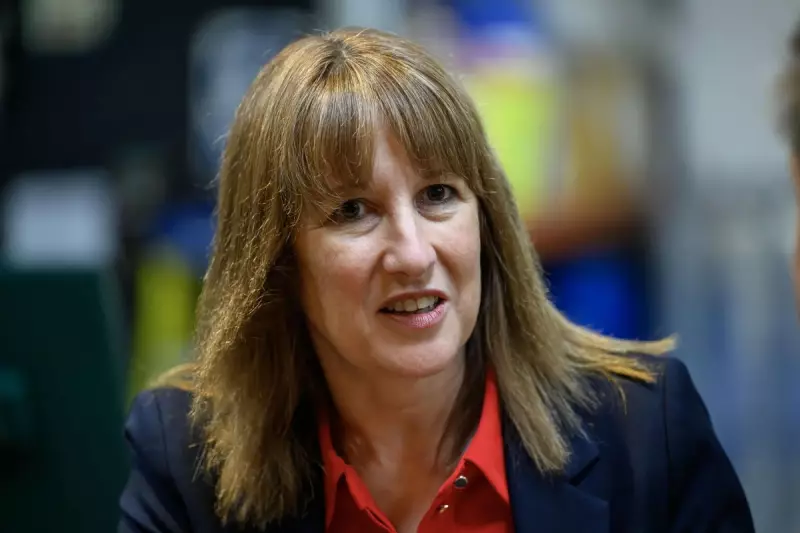
In a significant pre-budget announcement, Shadow Chancellor Rachel Reeves has made a firm commitment to protect welfare payments from cuts in Labour's first budget if the party wins the next general election. The pledge comes as part of a broader strategy to balance fiscal responsibility with social protection.
Speaking to MPs and stakeholders, Reeves emphasised that while her party would maintain strict spending discipline, she would not seek to reduce the welfare budget to achieve savings. This position sets a clear dividing line with the current government's approach and addresses concerns about vulnerable households during the ongoing cost-of-living crisis.
Fiscal Responsibility Meets Social Protection
The shadow chancellor outlined her vision for economic stability, promising to implement "tough fiscal rules" while ensuring that those most in need receive adequate support. Her comments suggest a careful balancing act between maintaining credibility with financial markets and honouring Labour's traditional commitment to social welfare.
Reeves, a former Bank of England economist, has consistently emphasised the importance of economic stability and fiscal responsibility since taking on her current role. However, this latest announcement demonstrates her determination to distinguish Labour's approach from Conservative welfare policies that have faced criticism from anti-poverty campaigners.
Political Positioning Ahead of Election
This welfare protection pledge forms part of Labour's broader strategy to position itself as both economically competent and socially compassionate. With the next general election approaching, the party appears keen to reassure voters that it can be trusted with public finances without resorting to austerity measures that would hit the poorest hardest.
The commitment also serves to counter Conservative claims that Labour would be irresponsible with public spending. By pre-announcing this protection for welfare payments, Reeves aims to provide certainty to both vulnerable households and financial markets about her party's intentions.
As the economic debate intensifies in the run-up to the election, this welfare pledge is likely to become a key point of differentiation between the major parties' approaches to managing the economy while supporting those on low incomes.





